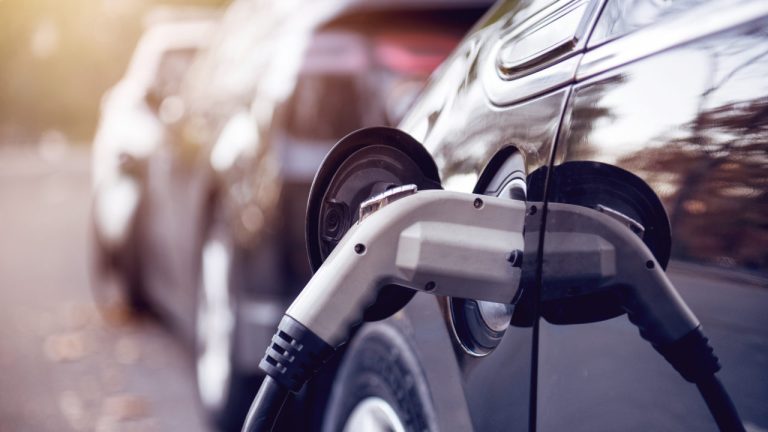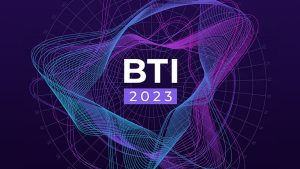
Jonathan Smith, Senior Principal Consultant at Expleo
The evolution from traditional petrol-powered vehicles to electric vehicles is fast approaching. What electric vehicles (EV) offer in terms of innovation and environmental benefits, means that EVs have never been safer, sleeker, or more exciting to drive. This combined with connected and autonomous technologies means that powering the ecosystem that underpins these vehicles is critical. As the technology supporting electric cars and batteries continues to improve, they are becoming more prevalent in the consumer market with sales soaring in the UK over the past four years. There’s also increased environmental and political pressures to address climate change and reduce the dependency on non-renewable energy. And as a result, the UK government announced last year a £3bn “clean air” initiative to tackle emissions, banning new diesel and petrol vehicles by 2040.
This increase in demand for electric vehicles, will no doubt force utility firms to rethink their relationship with the automotive industry. Providing a seamless experience across the electric vehicle ecosystem will be key, from initial marketing to purchase to ongoing maintenance. As a result, many different markets – such as supporting infrastructure, insurance and mobile tariffs – will need to be converged, to offer customers a truly unified experience. So, an intelligent approach to the convergence of these markets is required, supported by technology to make an enhanced and more streamlined customer experience a reality.
Therefore, it’s imperative for energy providers and car manufacturers to work with the right partners who can manage and oversee all the converged supply chains. Only then will they be able to deliver a seamless customer experience that people, and businesses have come to expect.
Beginning the journey
Electric vehicles are subject to different factors compared to that of petrol-powered automobiles. For instance, when marketing these vehicles, they will require expertise across multiple providers, not just the current finance and insurance organisations.
This represents a unique opportunity for energy providers to enter a new space and potentially ‘own’ the customer, if they can orchestrate the convergence needed to reach different customer domains and scope out the operating model for the winning automobile solution. Some vehicle manufacturers, such as Tesla, have already started addressing this by supplying infrastructure such as dedicated charging points themselves, but as adoption becomes more widespread, consumers will expect a completely unified experience under just one brand name rather than multiple providers.
Once the operating model for the EV has been designed, it will need to go through software and process testing, to ensure the success of the system upgrades. Due to increases in government regulations and the high cost of non-compliance penalties, quality standards have become all the more important. Regulation can be both a serious barrier as well as a key driver for the uptake of innovative technologies. So, it’s crucial that energy firms partner with quality testing specialists in the automotive software and IT industry, to help them accomplish their transformative goals.
The customer is key
Once the manufacturing side of the supply chain is addressed, the energy firm will need to converge the contract lifetime care plan and in life tariff adjustment requested by the customer. This will include the services billing, maintenance and tariff setup and adjustments, which will all be provided across several converged suppliers. These actions may fall outside the current capabilities of the energy provider, which means that they will need to adopt a holistic customer management strategy.
By working with a key partner to oversee this new strategy coupled with efficient delivery management services, the energy provider will feel confident in continuously addressing customer needs on an industrial scale, managing risk, while maintaining profit margins; which will safeguard their brand reputation.
Convergence is the enabler
Convergence will bring many organisations closer together, from both a customer and commercial aspect, and this shift will necessitate significant operational and process change supported by technology. By successfully achieving this, energy providers will have a real opportunity to forge a new position within the market that puts them ahead of their competitors.
But, the advantages of implementing advanced and innovative EV solutions can also be an energy firm’s greatest challenge. To overcome this challenge, an energy organisation will need to partner with a quality assurance specialist that can help them to converge supply chains and provide them with the revised operating model designs and processes, plus technology roadmap and assurance, to reduce risk.
Only then can an energy provider break through the market with a first of its kind, innovative EV solution, which will expand their reach and help establish their business as a key frontrunner for driving change.





